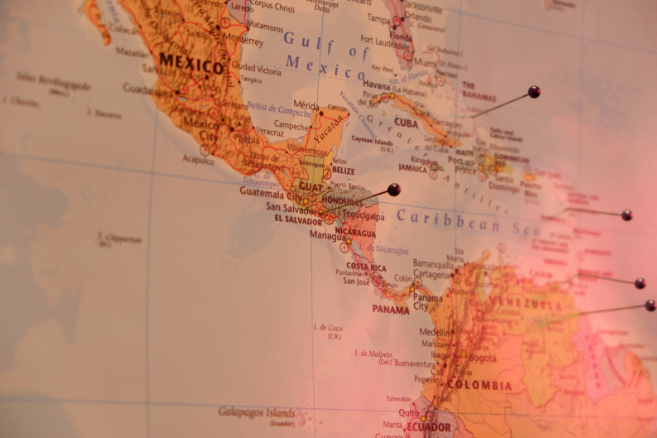El Salvador, a pioneer in its field, became the first country to accept Bitcoin as legal tender officially. President Nayib Bukele bought 410 bitcoin (BTC) for $15 million last January, adding to the over 1,500BTC that the nation currently holds.
Bitcoin officially became legal tender in El Salvador in September 2021, three months after the country’s legislature passed the Bitcoin Law. Bukele also has talked about plans to issue a $1 billion, 10-year bitcoin bond later this year. Those bonds will be used to fund the world’s first bitcoin city at the base of the Conchagua Volcano. Bukele detailed his plans at the closing party of the “Bitcoin Week” conference hosted in El Salvador in mid-November last year.
New Dawn for El Salvador
The bond would be issued on the bitcoin sidechain network known as the “liquid network”. El Salvador’s government is working on securities law with crypto exchange Bitfinex listed as the book runner for the bond to facilitate the process. The plan seeks to attract capital and investors to El Salvador. Samson Mow, Blockstream’s CSO, designed and conceptualized the bond in collaboration with the Salvadoran government. The arrangement will pay a 6.5% yield and enable fast-tracked citizenship for investors. “This is a historic milestone and only the beginning of our search to achieve global inclusivity for finance – the same way that Bitcoin has created global inclusivity for money. This is the new dawn of digital capital markets.” Said, Mow.
Every Salvadoran has been gifted BTC and can now shop or pay their taxes with it. Although innovative, it has stirred an uproar, creating mass riots. This news has had an impact on the price of Bitcoin as well as initiated preliminary talks of Central Bank Digital Currencies.
Point of Concern
The International Monetary Fund (IMF) has raised concerns about El Salvador’s plans and has urged against using the volatile currency as legal tender. The directors at the IMF have “stressed that there are large risks associated with the use of bitcoin on financial stability, financial integrity, and consumer protection” in a statement issued last month. Bukele hasn’t been deterred from the remarks but instead mocked them in a series of tweets.
Remittances make up 20% of El Salvador’s GDP; however, citizens have to pay high transaction fees in a country where 70% of people have no bank account. Bitcoin enables quick, cheap cross-border payment without the requirement of banks. Bitcoin might be the golden ticket for El Salvador to boost its economy, potentially paving the way for other countries to follow through.


